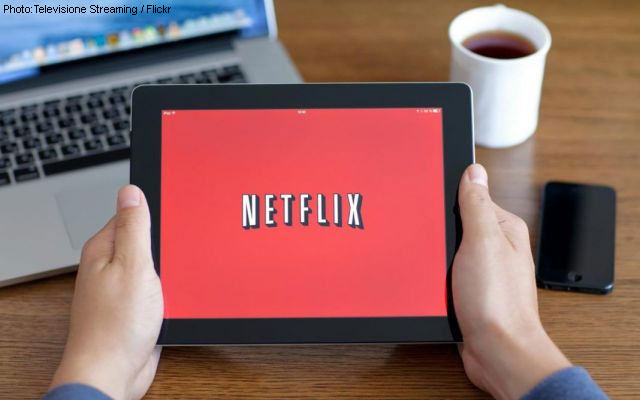Netflix, Inc. (NASDAQ:NFLX) is pouring billions into making original content and it’s making key players in the entertainment industry weary, fearing that the streaming service’s growing dominance could spell the end of some very costly deals.
Netflix is reportedly spending $6 billion on original content, which is about three times more than what American premium cable and satellite television network HBO spends for its award-winning series. In fact, Netflix CFO David Wells disclosed that creating original content will account for “half of the company’s library in a few years,” adding that Netflix is now at a position wherein it is comfortable when certain shows do not become a hit. The executive added that the “supply and demand settling out.”
In an editorial, Kim Masters of the Hollywood Reporter discussed the uneasiness of the media industry over the streaming giant’s growing influence and spending, noting that some producers and executives perceive Netflix as a threat. So, how exactly does Netflix’s rapid growth and power affect Hollywood?
Because of Netflix’s massive spending, it is driving up the prices, leaving rival networks unable to compete for shows. As its popularity grows, the streaming service is slowly but steadily gaining dominance in the ratings, which may eventually force other shows to keep up and leave a trail of cut ties and broken deals.
Hollywood agents are equally worried about the company’s rules on its global rights for original content, which could eliminate profit participations on breakout shows. Add that to the fact that show producers and directors are worried that Netflix’s huge expenses will limit creative freedom and affect future negotiations. Netflix seem to be upsetting the status quo, insisting on calling the shots on how shows and movies will be marketed, making content creators very nervous.
But despite the looming threat of Netflix’s growing power and viewership, rivals Amazon.com, Inc. (NASDAQ:AMZN), HBO, Hulu and other production outfits could turn things around. If networks, studios, and content creators could come together and offer licensing deals to Netflix’s rivals, then the market for licensed content will stabilize.
Production outfits collaborate all the time and band together to provide content. In 2014, Time Warner gave Amazon access to HBO’s older content in a million dollar deal. Apart from offering exclusive deals to Netflix competitors, rival networks could also take advantage of the streaming giant’s shrinking movie and TV library.
Despite Netflix’s rapidly growing membership and content expenses, its media library is slowly shrinking, hinting that company is focusing more on developing original programs and hit shows over the expansion of its library. This gives competing companies Hulu and Amazon better chances of bidding for licensed content.
And to get to the good side of Hollywood creatives, Amazon is offering filmmakers to have their movies shown in theaters before being streamed online. How Netflix does business won’t discourage show producers from making a deal with the Los Gatos, California-based company but it is certainly interesting to see how the entertainment industry is adjusting to the changes.
Disclaimer: This page contains affiliate links. If you choose to make a purchase after clicking a link, we may receive a commission at no additional cost to you. Thank you for your support!




Leave a Reply